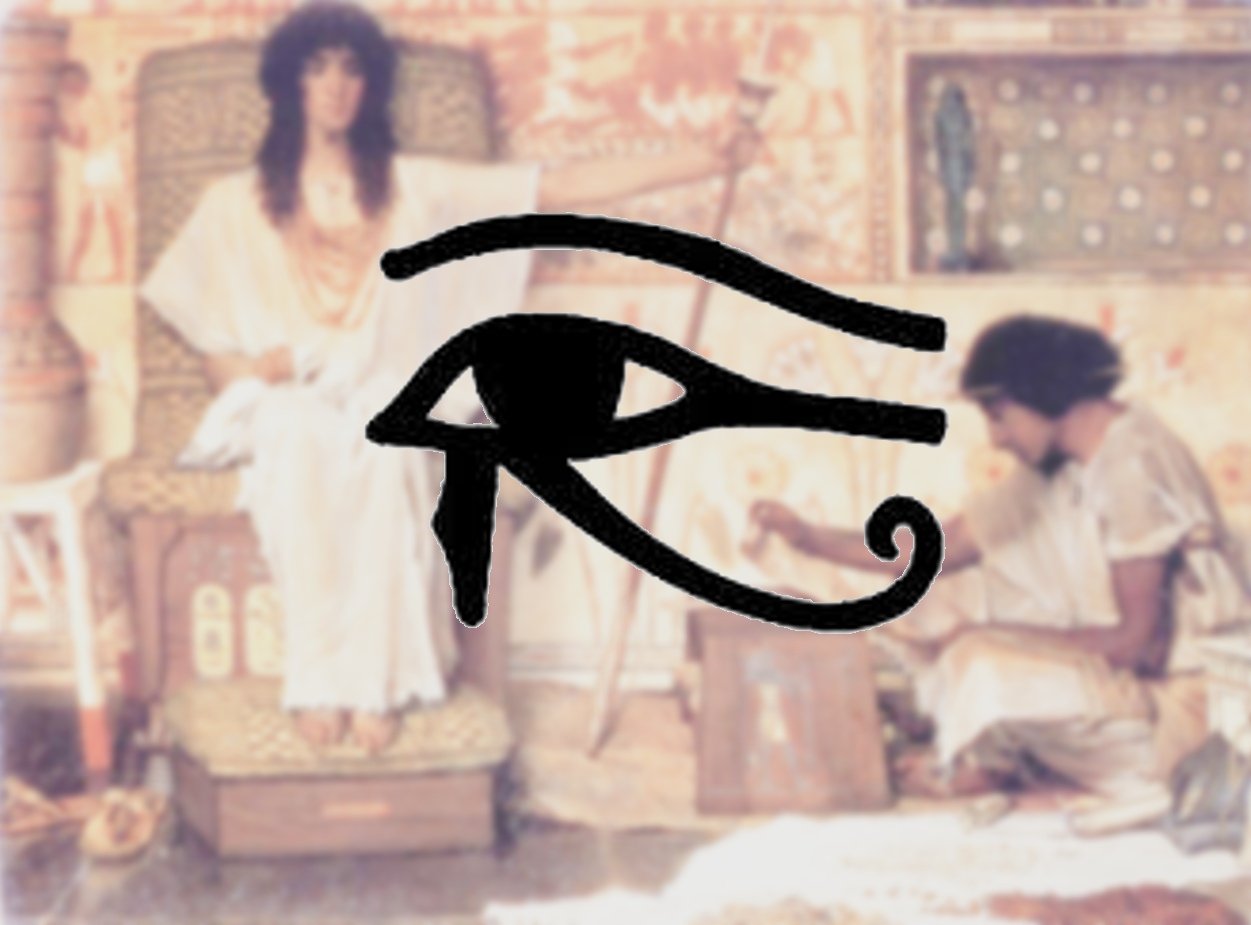I sat in the resonating chamber of the Great Synagogue, just as I had stood at the Temple of Poseidon, and wondered about this human impulse to build a house for the gods. Why? We could go outside and worship on a mountain, or before an altar of ocean, or in the Italian countryside among colonnades of umbrella pines. But no, instead we build structures of great weight, at great expense, even though their bulging doric columns are designed to call to mind the trees just outside the door.
Read moreJoseph's Bones: An Epilogue
Joseph is not asking for the transport of their physical bones. Joseph is asking the Children of Israel – asking us – to raise up, to honor, to carry forward with us, their complex and multiple qualities. Their fullness. Their selves. And that is what we are about to do. Even if it has taken 4000 years and 7000 miles to make good on Joseph’s request.
Read moreThe Animal Instinct
Once upon a time we were animals alongside the other animals – before we evolved the self-awareness that cut us off from the others, that got us caught in our heads, in our bodies, in our civilizations; that got us kicked out of Eden. Now we only have a dim memory of what it is like to be the animals that we are. And so we seek out, through our imaginations and our liturgy and our magic, the connection with the animal world that even the ridiculous amount of DNA we share with other creatures can no longer provide.
Read moreJoseph's Womb: Gender Complexity in the Story of Joseph
Most striking to me are what seem to be bold hints in the text of Torah regarding an atypicality not only in Joseph’s lived gender, but in his (or their) body. The way that the language of “womb” and “knee” gravitate to Joseph in Torah in ways that they do not toward any other men speaks loudly of Joseph’s difference.
Read moreAnyone Can Whistle: Sondheim and our Queer, Jewish Longing to Belong
Sondheim's sense of “in it but not of it” is not just a gay vantagepoint in 20th Century art, but a Jewish vantagepoint also. American Ashkenazi Jews of the mid-20th Century, the children or grandchildren of immigrants, were also involved in a struggle to assimilate into a culture that wasn’t theirs. And they often had a dramatic influence on that culture, creating much of what we imagine as American! But still, maybe because of that authorship, having a burdensome awareness of the artificiality of American culture. The arbitrariness of naturalness. So we see in his writing that deep Jewish longing to let go and belong, even while questioning the authenticity of the thing we want to belong to.
Read more

